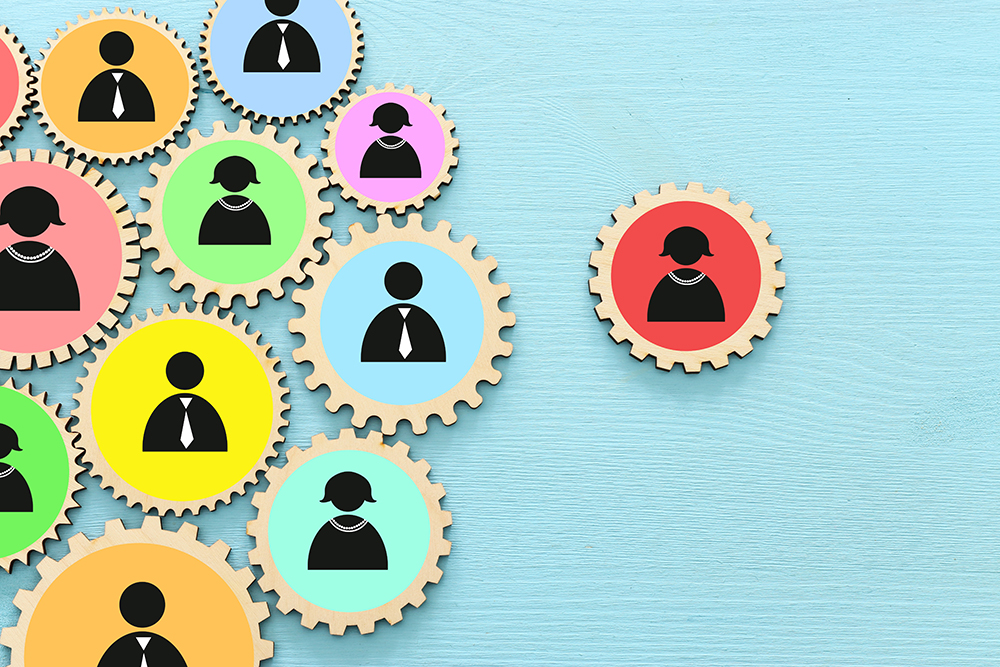

Columns/Blogs
Features
HR News
Managing/Leadership
HR’s delicate balancing act
By Brian Kreissl
 (tomertu/Adobe Stock)
(tomertu/Adobe Stock) HR is a frequently maligned and misunderstood profession.
While the role, purpose and mandate of the HR function is frequently misunderstood by rank and file employees and many have grown to distrust HR, even many senior business leaders lack an awareness of the goals and objectives of their HR department and the type of value it can provide to their organizations.
In many ways, these views of HR are diametrically opposite, with many employees believing HR is there to act as a corporate henchman and protect the company’s interests at all costs.
On the other hand, I believe many line executives think of HR as perhaps too aligned with the interests of employees.
Walking a fine line
The truth is HR must walk a fine line and perform a delicate balancing act. On one hand, the interests of the employer and employees should ideally be aligned in order to create a win-win situation.
Happy, committed, loyal and engaged employees are likely to be more productive and willing to put forward additional discretionary effort.
These types of employees have lower levels of absenteeism and turnover, better performance and identify more closely with their employers and coworkers.
Engaging in a race to the bottom helps no one.
Employers that constantly cut budgets for people programs, provide uncompetitive compensation and are always asking employees to do more with less soon find out that such strategies generally don’t lead to an engaged workforce in the long-term.
On the other hand, companies with a country club atmosphere where people aren’t held accountable generally aren’t all that successful either.
For these reasons, HR needs to maintain a focus on the bottom line while taking the concerns of employees seriously. The idea is to try to balance the needs of employees and the employer in ways that are mutually beneficial.
HR must therefore act as an employee advocate at times, but that isn’t necessarily completely altruistic in nature.
The idea is to try to maximize the efficiency and effectiveness of the organization’s human resources in an attempt to increase performance and improve the bottom line.
Letting employees vent
Some employees may be surprised by this because they have been led to believe that HR is there purely to act as an employee advocate and perhaps even a counsellor, social worker or psychologist. They believe HR is there to help them deal with their problems or simply let them vent.
The problem with that approach is that HR often can’t simply let people vent. If an employee comes to HR with a problem, there is a legal and ethical obligation to conduct an investigation to determine what actually happened.
HR simply cannot just listen to one side of the story and act on it — or just listen to problems and concerns that could land the organization in legal and financial hot water and lead to serious reputational risk.
People sometimes say things like, “Don’t ever go to HR with your problems. I went to HR about my boss harassing me, and all they did was tell him what I had told them.” This demonstrates a fundamental misunderstanding of the role of the HR profession.
While HR is required to maintain confidentiality, where there are allegations of wrongdoing, the respondent’s due process rights must be safeguarded through the completion of a full and impartial workplace investigation.
This involves gathering evidence, interviewing all parties, informing the respondent of any allegations made against them and drawing up a report with findings and recommendations. Only at that point, should a determination be made as to whether discipline is warranted (up to and including termination of employment).
HR practitioners frequently have a background in the social sciences (especially psychology), and there is an important employee advocate aspect to the function at times (and some larger HR functions even have an employee ombudsperson role).
HR also usually works fairly closely with the organization’s employee assistance program (EAP) provider and is responsible for resolving disputes in the workplace. But that doesn’t mean HR should engage in armchair psychology or try to be social workers for employees.
Many people are surprised to learn that HR is a management function.
While there is a delicate balancing act, all else being equal, HR will come down on the side of management or the employer. This is in line with the objective of maximizing the efficiency and effectiveness of the organization’s workforce.
Brian Kreissl is a product development manager with Thomson Reuters in Toronto. He looks after HR, payroll, OH&S, records retention and Triform. He can be reached at brian.kreissl@thomsonreuters.com or (647) 480-7467.
Print this page